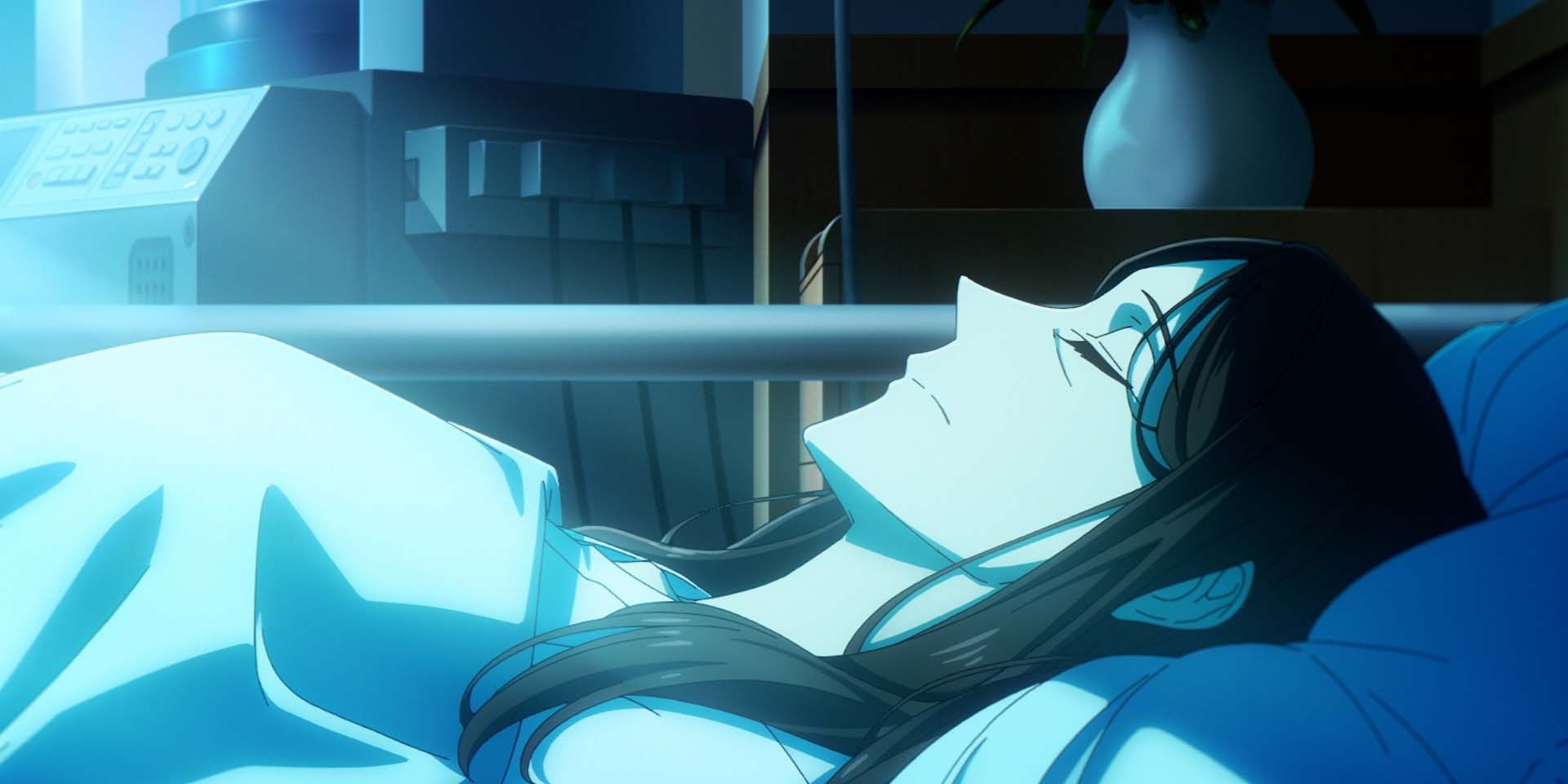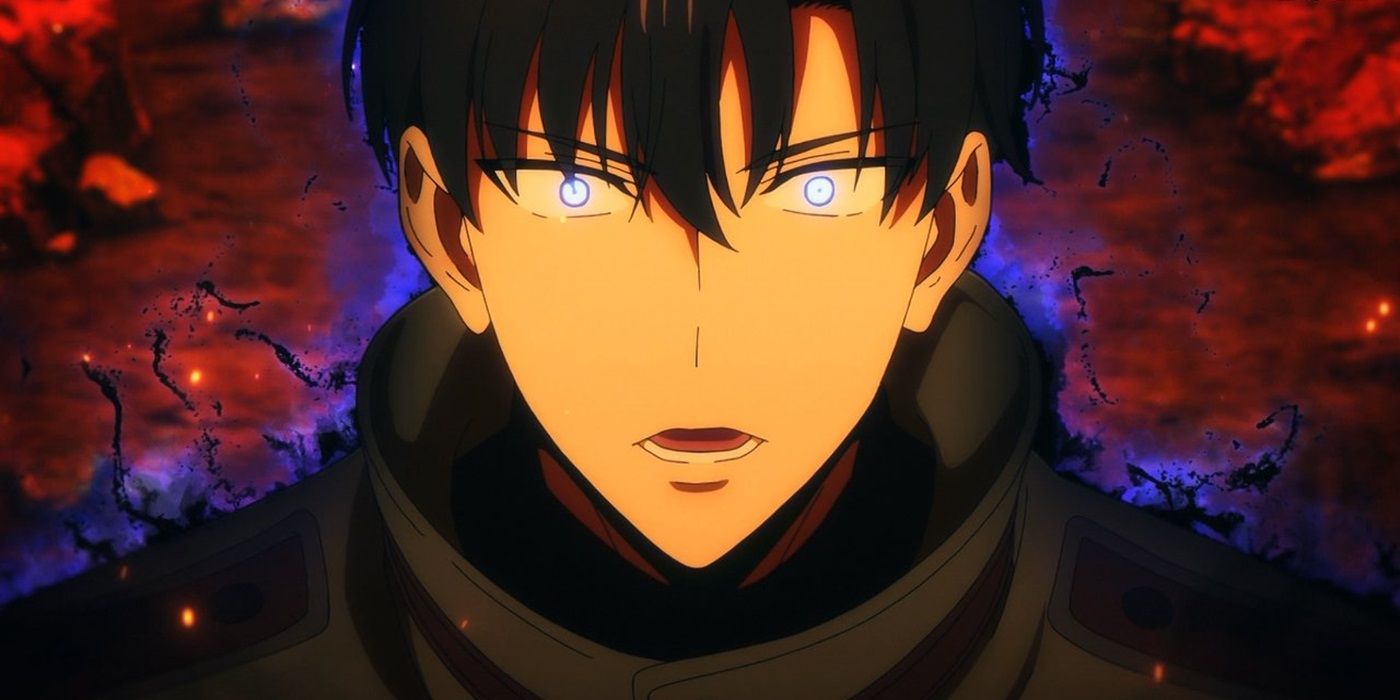Solo Leveling Season 2 is a continuation of the captivating story of Sung Jinwoo, and the latest episodes have sparked significant debate among fans. Episode 9 focuses on the emotional reunion between Jinwoo and his mother, marking it as the first standout episode of the season, achieving over 1,000 dislikes on Crunchyroll.
While some viewers highly praise this poignant moment, others feel that the episode detracts from the overall narrative flow. This division has ignited a frequent discussion within the anime community regarding the necessity of character development and whether it slows down the pacing of the story.
According to @animenewscentre on X, the reception of episode 9 has initiated debates about the pacing of Solo Leveling. While many shōnen anime tend to advance quickly through action-packed battles and fast-paced storytelling, Solo Leveling consistently balances action with deeper, more emotional moments for its characters.
However, the backlash against episode 9 reveals that some viewers preferred a more action-oriented approach. This debate raises questions about the “slow build” in anime and whether audiences may quickly dismiss episodes that focus on character growth over action sequences.
Episode 9 of Solo Leveling Season 2 Strongly Cuts Action with Less Action Scenes
The negative reception of episode 9 highlights that a significant portion of the fanbase is primarily interested in high-octane action scenes. Solo Leveling has built its reputation on thrilling high-energy battles, stunning visuals, and the constant evolution of Jinwoo.
As the series shifts away from its usual formula, even the emotional moments can pose a risk of alienating a portion of the audience. This shift in tone, while meaningful, can lead some viewers to feel unsatisfied.

Yet, what some viewers may overlook is that the narrative-driven moments are crucial in establishing a lasting impact over time. Without deep emotional resonance and character development, the action sequences may lose their effectiveness. Jinwoo’s poignant interactions with his mother provide a brief glimpse into the emotional weight and personal sacrifices he has made.
Although the new episode may not deliver the intense battle scenes fans might expect, it has added an essential layer of emotional depth to the protagonist’s journey. This backlash showcases a challenge for anime adaptations in balancing action with necessary character development without sacrificing the audience’s engagement.
The Ongoing Debate Surrounding the Latest Episode of Solo Leveling Season 2
The term “filler” in anime is often used negatively, but not all episodes lacking high-energy action should be dismissed as unnecessary. Some viewers have labeled episode 9 as filler, despite its clear narrative significance. A well-crafted episode can enhance the world-building and character development, making future action sequences more impactful. In Solo Leveling, Jinwoo’s relationship with his mother serves as a motivating force that elevates his growth, and experiencing such moments allows viewers to connect more deeply with the ongoing battles.

However, the disappointment of some viewers is understandable. In a series like Solo Leveling, where momentum is vital, pacing becomes crucial, and the emotional scenes can feel like a distraction. Still, appreciating each moment for its narrative value is essential, even if they deviate from the expected action-driven format.
While episode 9 may not entirely cater to the action-centric preferences of some fans, it plays a critical role in expanding Jinwoo’s character arc. Ultimately, this debate underlines the challenges in delivering a narrative that appeals to all viewers, as some fans yearn for continuous action while others appreciate character-driven narratives.





















